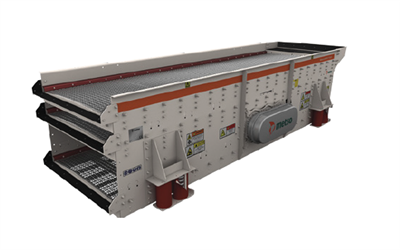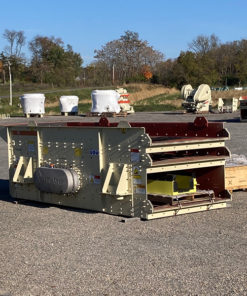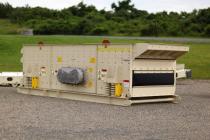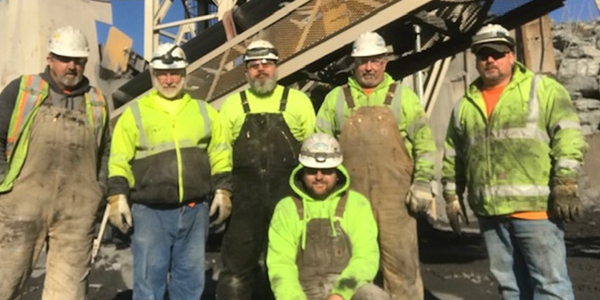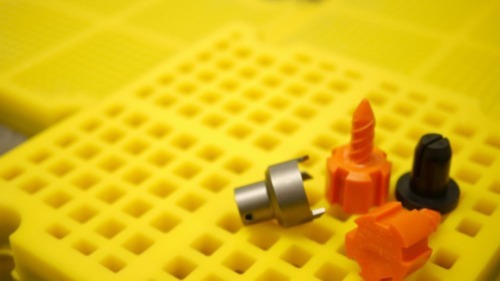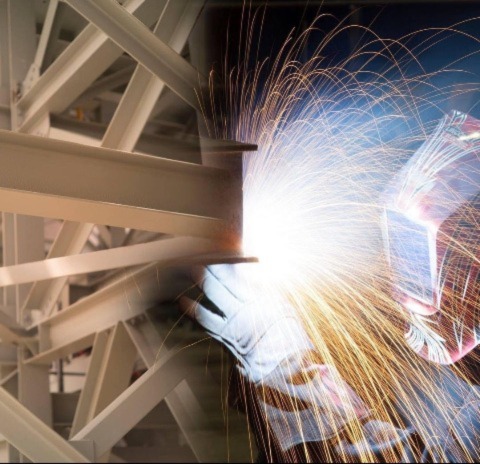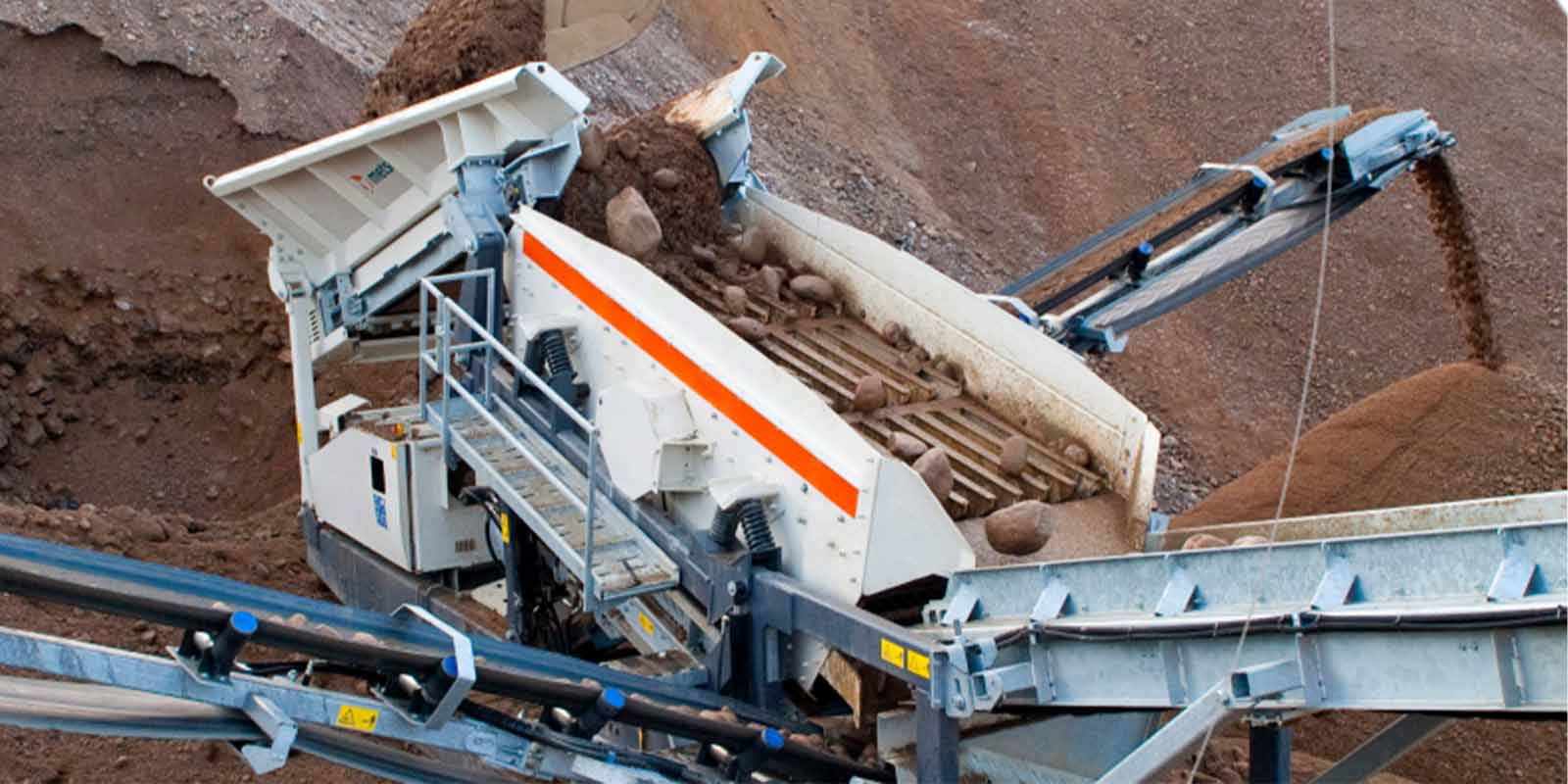What Are Horizontal Screens?
A horizontal screen is a type of screening machine that uses a vibrating screen deck to separate materials by size. The deck is oriented horizontally, and material is fed onto the screen at one end, while smaller particles pass through the screen and fall off the other end. Horizontal screens are often used in rock crushing and aggregate processing applications, where they are typically set up as a two- or three-deck system to achieve the desired particle size distribution.
Horizontal screens offer several advantages over traditional inclined screens. They take up less floor space, making them ideal for cramped or limited spaces, they are easier to maintain and clean, and they can handle larger feed sizes than inclined screens. Additionally, horizontal screens are better suited for screening wet or sticky materials, which can cause problems for inclined screens.
Types Of Horizontal Screens
There are a few different types of horizontal screens typically used in rock crushing and aggregate projects. The most common type is the inclined vibrating screen, which uses an eccentric shaft to create vibrations that move the material across the screen. This type of screen is ideal for separating large and small particles, as well as for removing oversize material.
Another type of horizontal screen is the banana screen, which gets its name from its curved shape. This type of screen is often used for dewatering applications, as it has a high rate of water drainage. The third type of horizontal screen is the rotary drum screen, which uses a rotating drum to separate materials. This type of screen is ideal for processing wet or sticky materials.
FS Series Horizontal Screens
Benefits Of Using Horizontal Screens
Horizontal screens are becoming an increasingly popular option in the rock crushing and aggregate industry. They offer several benefits over traditional vertical screens, including:
- More screening area: A horizontal screen has a much greater screening area than a vertical screen of the same size, which means it can process more material per hour.
- More efficient separation: The horizontal configuration allows the material to flow across the screen more freely, which results in more efficient separation of smaller particles from larger ones.
- Easier maintenance: Horizontal screens are much easier to access and maintain than vertical screens, which can make them a more cost-effective option in the long run.

